Neither as short as a story nor as extensive as a novel. Short novels can encapsulate the best of both types of storytelling. The ideal size for reading on the train or sitting at home. Brevity is fashionable, it is the sign of the times. Noveletas, nouvelles or novelette, short but twice good on many occasions.
The difficult thing is to establish the difference, to set the standard from which a narrative becomes a story or a novel. Because if it were by paging, with the format of the book itself, things magically vary ... So, given the uncertainty in terms of size, we could point to the development of the plot as the differentiating element of this type of book.
But of course, we also enter ambiguous terrain there. What do we consider to jump to the novel from the story or the tale? Undoubtedly a capitulation necessary to separate scenes points in two directions towards the short novel. On the one hand, the author's own intention. On the other hand, the nature of a story that evolves and makes its characters move through different places, that changes the scene or that is projected towards new assumptions.
The point is that although no one points to the strict definition, we all know how to differentiate them. And when we finish one of these little books we are left with that taste of a full story, with its beginning, its middle and its ending consistent enough to have recreated in our imagination a new habitable world in its background and its most descriptive form. I invite you to discover some of the most famous short novels...
Top 10 recommended short novels
Farm rebellion George Orwell
A story of animals that are not animals. Or yes, depending on how you want to see it. Because the double readings is what it has, that if they are well sewn on both sides of the metaphoric they manage to arrive with different messages.
This satire on the Russian Revolution and the triumph of Stalinism, written in 1945, has become in its own right a landmark in contemporary culture and one of the most scathing books of all time. Faced with the rise of the Manor Farm animals, we soon detected the seeds of totalitarianism in a seemingly ideal organization; and in our most charismatic leaders, the shadow of the most cruel oppressors.
A condemnation of totalitarian society, brilliantly stunned in an ingenious allegorical fable. The animals on the Jones' farm rise up against their human owners and defeat them. But the rebellion will fail as rivalries and jealousies arise among them, and some allying themselves with the masters they overthrew, betraying their own identity and the interests of their class.
Although Farm Rebellion was conceived as a ruthless satire of Stalinism, the universal character of its message makes this book an extraordinary analysis of the corruption that power breeds, a furious diatribe against totalitarianism of any kind, and a lucid examination of the manipulations that historical truth undergoes in moments of political transformation.
The invention of Morel
In the best hands, fantasy covers everything, surpasses the imagined and reaches our world as a revelation about the parts that make it up. The energy that fills us, love, oxygen, time. Particles of everything and nothing for Robinsons that are shipwrecked every day on unsuspected islands.
A fugitive harassed by justice arrives in a rowboat to a desert island on which some abandoned buildings stand. But one day, that lonely man feels that he is no longer lonely, because other human beings have appeared on the island.
He watches them, spies on them, follows in their footsteps and tries to surprise their conversations. That is the starting point of the mystery, the continuous transition from reality to hallucination, which little by little leads the fugitive to the clarification of all the enigmas.
This book can be compared, in its own right, to the most perfect stories of Edgar Allan Poe. Its ingenious plot, wisely deployed and, above all, the admirable originality of the idea around which the action revolves, have made Morel's Invention one of the indisputable masterpieces of fantasy literature.
The viscount half
The Viscount Demediado is Italo Calvino's first foray into the fabulous and the fantastic. Calvino tells the story of the Viscount of Terralba, who was split in two by a cannon shot from the Turks and whose two halves continued to live separately.
Symbol of the divided human condition, Medardo de Terralba goes out for a walk through his lands. As it passes, the pears hanging from the trees appear all split in half. "Every encounter of two beings in the world is a tearing apart," says the bad half of the viscount to the woman with whom he has fallen in love. But is it certain that it is the bad half? This magnificent fable raises the search for the human being in its entirety, who is usually made of something more than the sum of its halves.
The Little Prince
As you can see, I am going through the infinite metaphorical or even allegorical possibilities that the short novel offers. Because short novels go perfectly with that game between the facts and the assumptions that are triggered from what happens.
Mythical fable and philosophical story that questions about the relationship of the human being with his neighbor and with the world, The Little Prince concentrates, with marvelous simplicity, Saint-Exupéry's constant reflection on friendship, love, responsibility and the meaning of life.
I lived like this, alone, with no one to truly talk to, until I had a breakdown in the Sahara desert six years ago. Something had broken in my engine. And since I had neither a mechanic nor passengers with me, I set out to carry out a difficult repair alone. It was, for me, a matter of life and death. I had water for only eight days.
The first night I slept on the sand a thousand miles from any inhabited land. He was more isolated than a castaway on a raft in the middle of the ocean. Imagine, then, my surprise when, at daybreak, a strange little voice woke me up that said: -Please ... draw me a lamb! -Hey!? -Draw me a lamb ...
A Chronicle of a Death Foretold
Maybe it is A Chronicle of a Death Foretold Gabriel García Márquez's most "realistic" work, as it is based on a historical event that occurred in the writer's homeland. When the novel begins, it is already known that the Vicario brothers are going to kill Santiago Nasar - in fact, they have already killed him - to avenge the outraged honor of his sister Ángela, but the story ends precisely at the moment when Santiago Nasar dies .
The cyclical time, so used by García Márquez in his works, reappears here meticulously decomposed in each of its moments, neatly and exactly reconstructed by the narrator, who is giving an account of what happened a long time ago, who advances and regresses in his story and even comes a long time later to tell the fate of the survivors. The action is, at the same time, collective and personal, clear and ambiguous, and captures the reader from the beginning, even if he knows the outcome of the plot. The dialectic between myth and reality is here enhanced, once again, by a prose so charged with fascination that it elevates it to the frontiers of legend.
The Death of Ivan Ilyich
The character drawn by Tolstoy is Iván Ilitch, president of the Territorial Court. The novelist paints the ineffective and wasteful world of Ivan and makes a harsh criticism of the aristocracy, which he knew so thoroughly. Not only does Tolstoy reflect in this novel his personal terror of death, but it also reveals the deep compassion that the humble and downtrodden inspired in him.
In this novel by Tolstoy, a strong criticism is made of the bureaucracy, since, in order to rise, they need Ivan to stop living. His friends who occupy the lower places await his death to take his place. This book reflects the alienation of Iván Ilyich, he concentrates more on his work than on his family. The main character is already dead in life when he is alienated and does not live life humanely, that is why he loses his fear of death ... he waits for it.
Death in venice
The story of an exhausted soul, capable of surviving only in artifice, which suddenly discovers the spontaneous beauty that manifests itself effortlessly and without hesitation in the figure of an adolescent. Mann wrote this work in a mosaic style, precise, meticulous and brilliant at the same time, and which effectively describes the twilight and dying atmosphere of a colorful Venice.
Published in 1914, Death in venice was a fundamental novel to cement the fame of Thomas Mann, which in 1929 received the Nobel Prize in Literature, being considered as one of the key figures in contemporary European literature.
The Great Gatsby
Reading Fitzgerald is not easy. There are even those who repudiate it directly. But this little novel has something, with its point at the most tangible Dorian Gray… Who is Gatsby, the character who gives his name to one of the myths created by the XNUMXth century novel? He is a mystery, the man who invented himself and has thrown a huge party to win back Daisy Buchanan, who once loved him.
We are in the twenties, in New York, and Gatsby throws parties at his fabulous Long Island mansion in which the most enigmatic attraction is the owner of the house, a millionaire who may be a murderer or a spy, a boy without nothing that became rich, a tragic hero who is destroyed as he approaches his dream: the reconquest of his beloved.
Close to the wild heart
Close to the wild heart is the attempt to build Joana's biography from childhood to maturity, searching for the inner truth, studying the complexity of human relationships, trying to forget death, the death of her father, which Joana will never accept.
No one doubts today that the work of Clarice Lispector is, in our time, one of the most profound experiences to express themes that overwhelm us: silence and the desire for communication, loneliness in a world in which fictitious communication immerses us in helplessness, the situation of women in a world created by men ...
A Clockwork Orange by Anthony Burgess
A novel as transgressive and hurtful as it is deep in aspects not always investigated in a common narrative. Psychopathy and ability, or the perverse coincidence of a psychopathic leader capable of making his most evil desires, religion, especially in those days of youth in which any ideal can be good, even violence for violence.
The story of teenage nadsat Alex and his three druggies-friends in a world of cruelty and destruction. Alex has, according to Burgess, “the main human attributes; love of aggression, love of language, love of beauty. But he is young and has not yet understood the true importance of freedom, which he enjoys so violently. In a certain sense he lives in Eden, and only when he falls (as he really does, from a window) does he seem capable of becoming a true human being ».

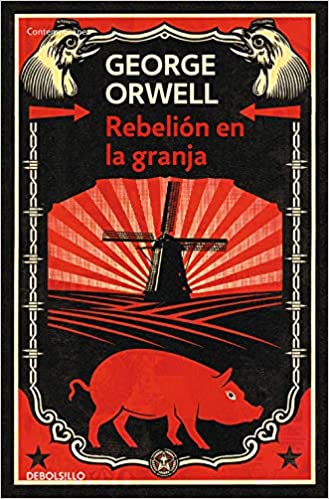
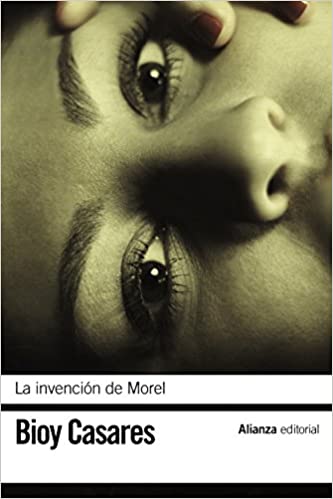
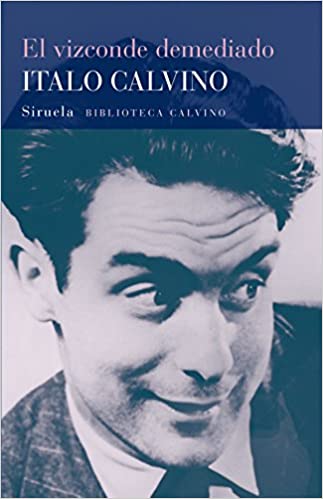
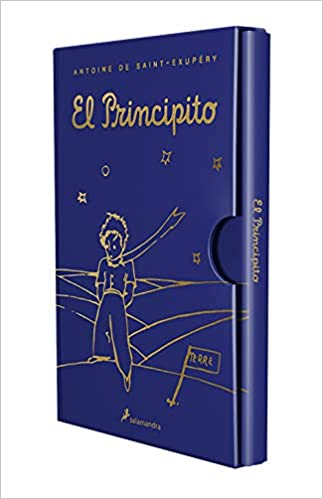
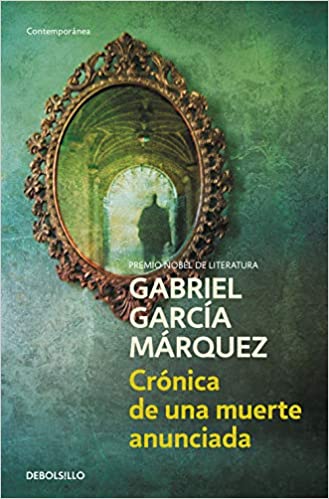
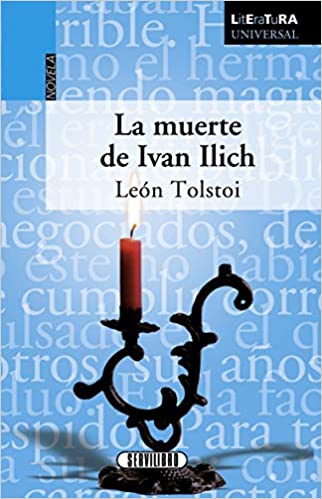
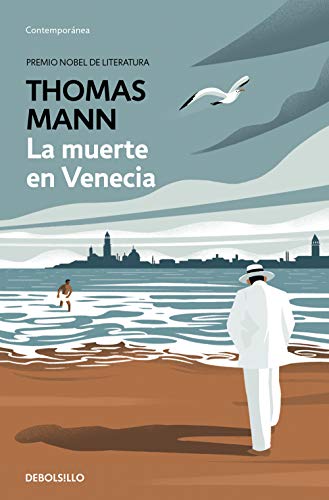
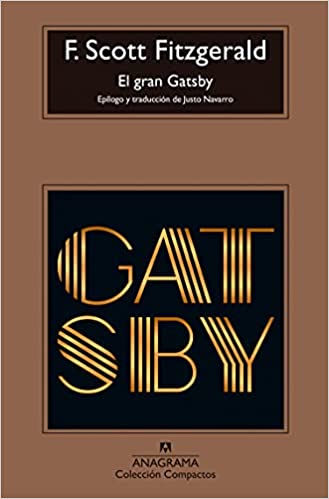
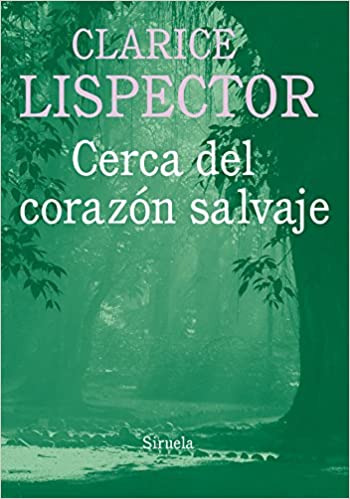
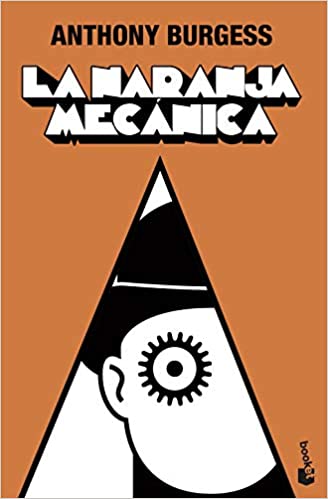
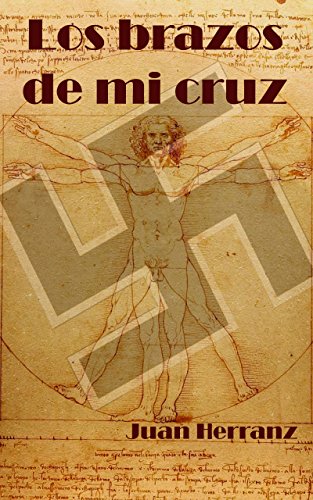
1 comment on “The 10 best short novels”